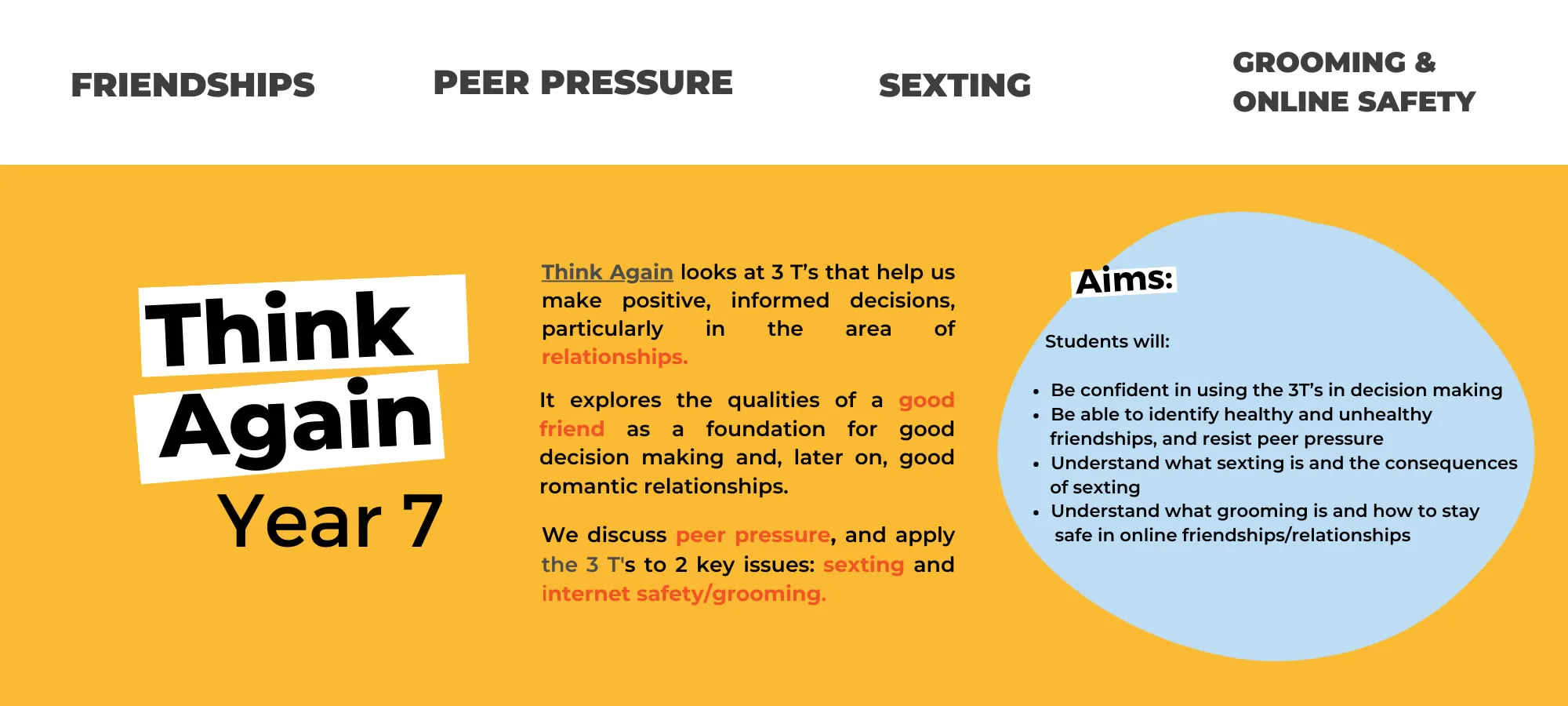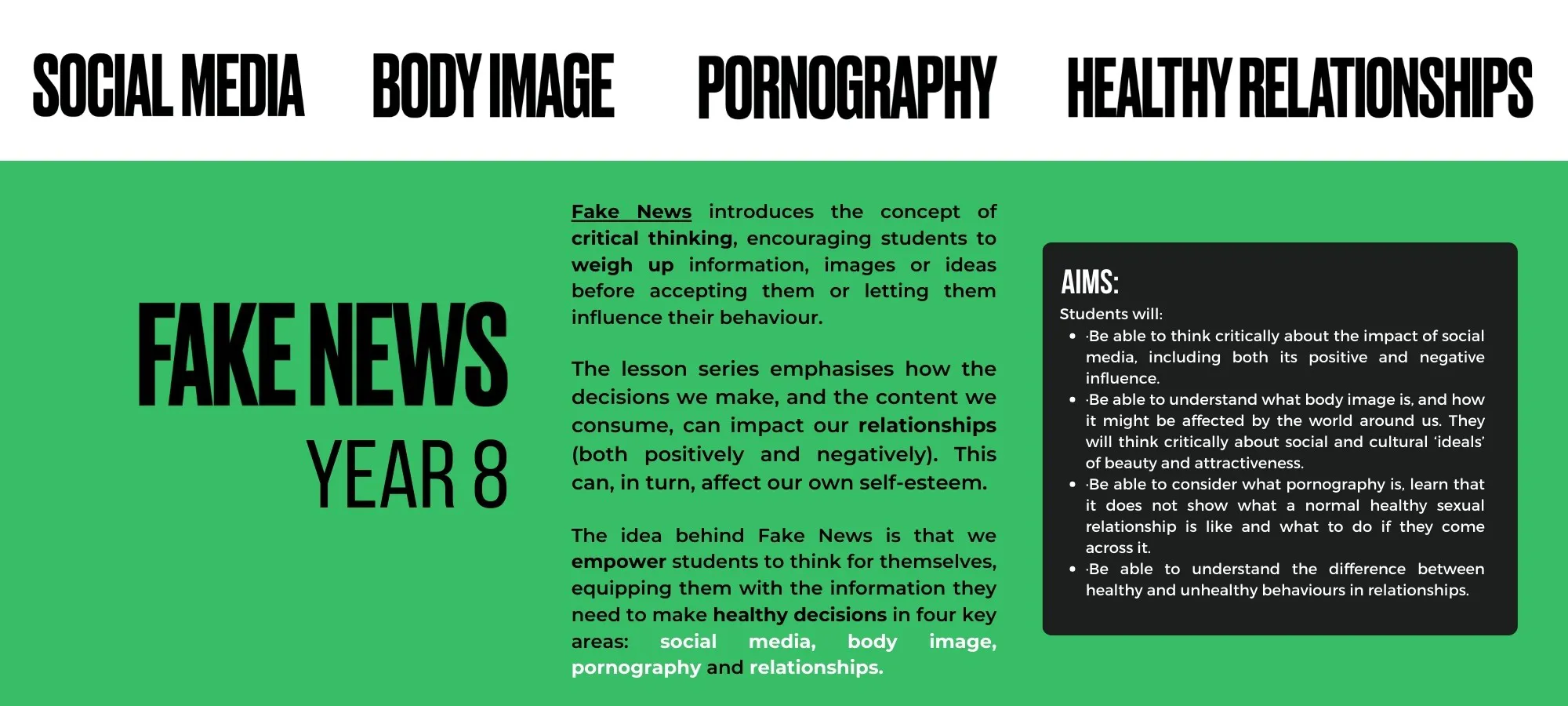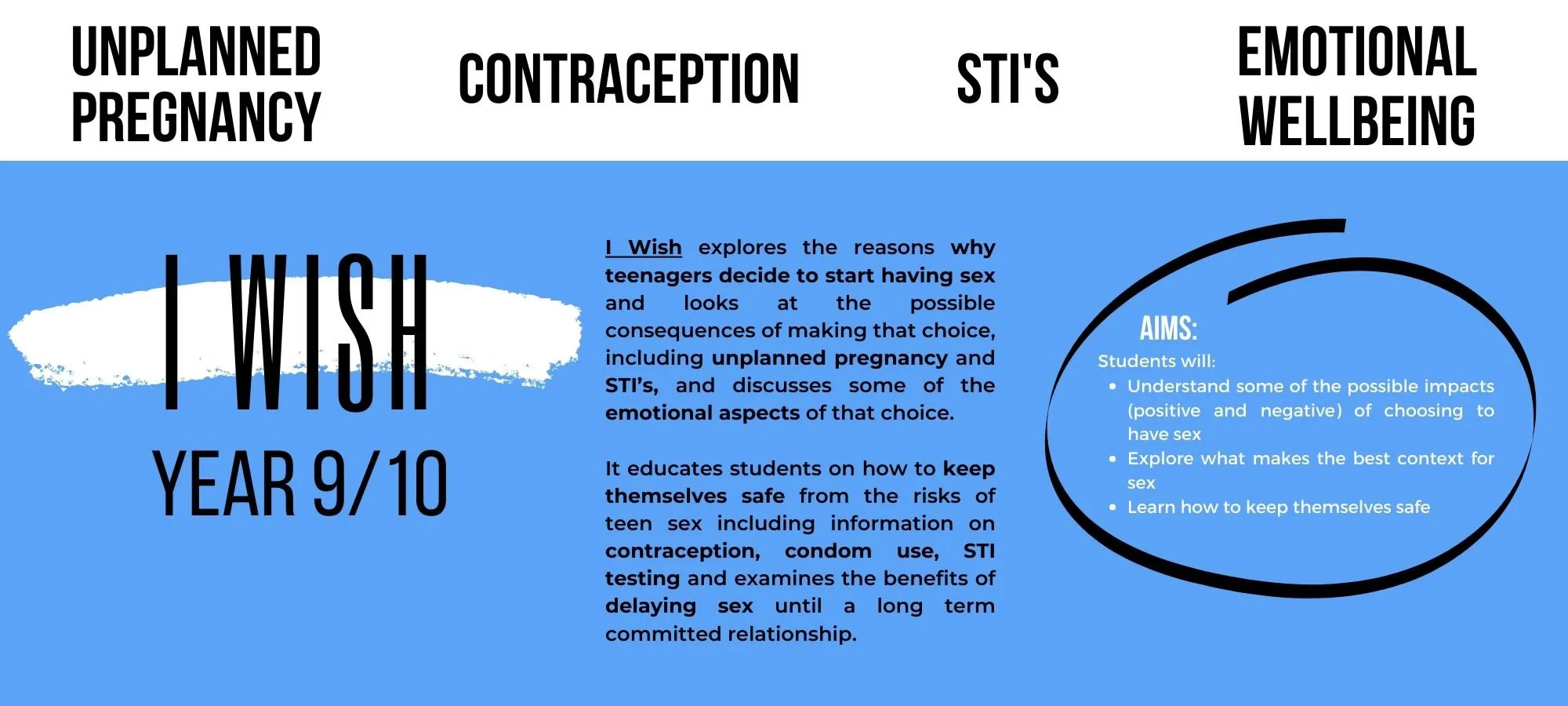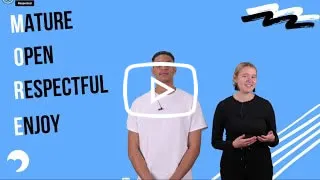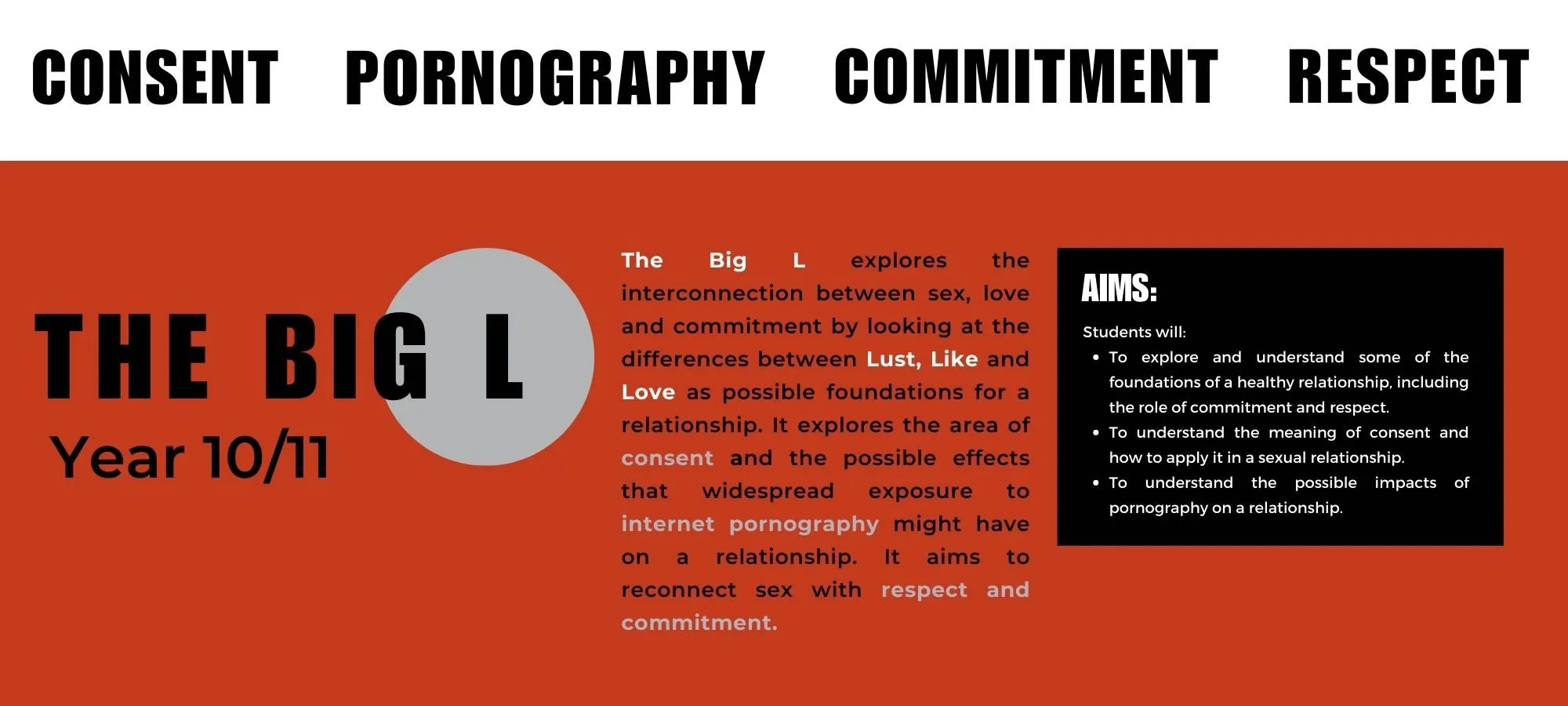Parents and Carers
Holistic, high quality Relationships and Sex Education for secondary schools Years 7-11
Transparency and Safety
We understand that learning about relationships and sex in today’s culture covers difficult issues and many parents and carers are rightly concerned about what their children may be learning. This page is designed to allow parents and carers to see exactly what their child will be learning through the Respected programme.
Find out what our programme covers at which stage:
Our Core Values
At Respected, we take the education of your children very seriously. At the heart of our charity is our strong conviction that each child/young person is unique and valuable, capable of making healthy choices when they have access to the appropriate information, tools and support. We believe that everybody deserves healthy and fulfilling relationships.
Our Pledge
Each Respected lesson…
Is age appropriate
We only deal with subjects when relevant and appropriate to that age group in a way that they can understand
Builds self esteem
We strongly encourage a healthy respect for self as well as others
Encourages talking to a trusted adult
We always recommend that students talk issues through with a parent/carer/other trusted adult
Prioritises student safety
We always direct students to school pastoral care services and age appropriate online resources
Our Development Team
A range of professionals have written and are developing our Relationships and Sex Education (RSE) Programme.
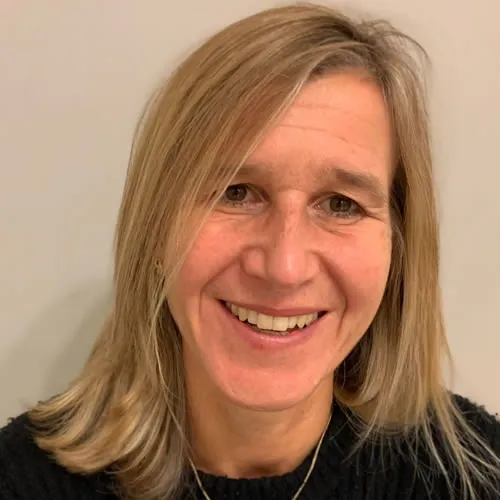
Louise
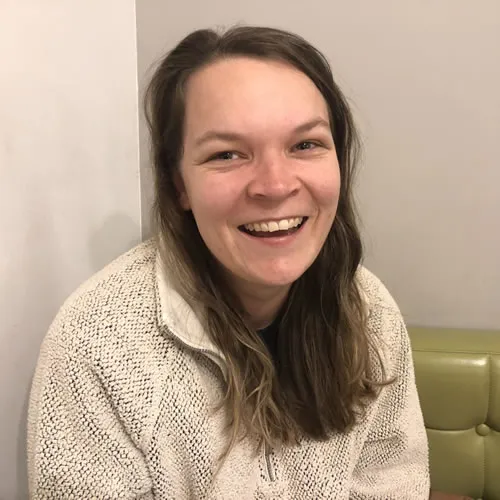
Beth
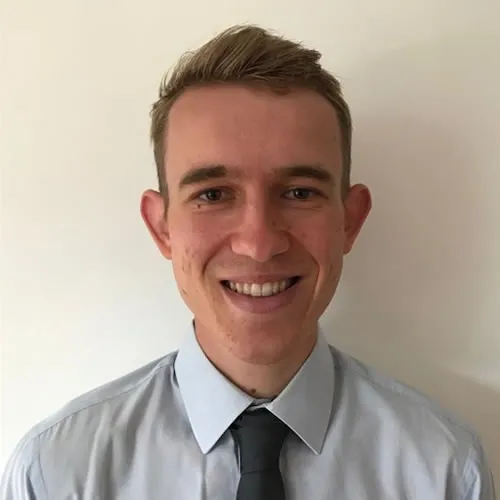
Sam
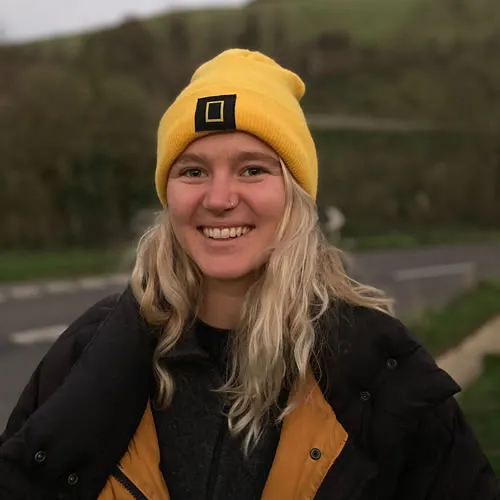
Ella
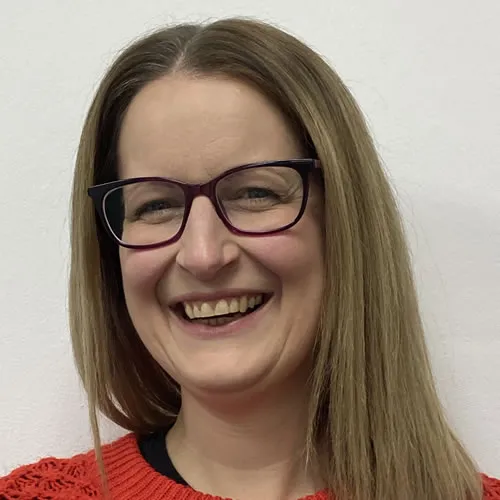
Hannah
All resources are compliant with National Government Guidelines. Learn more »
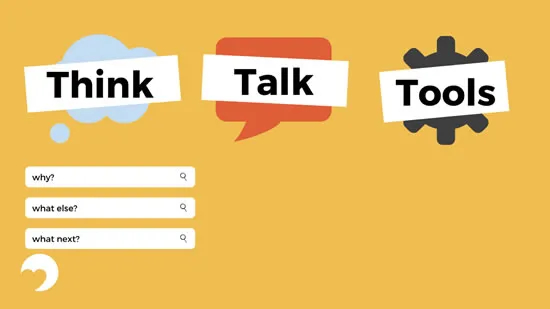
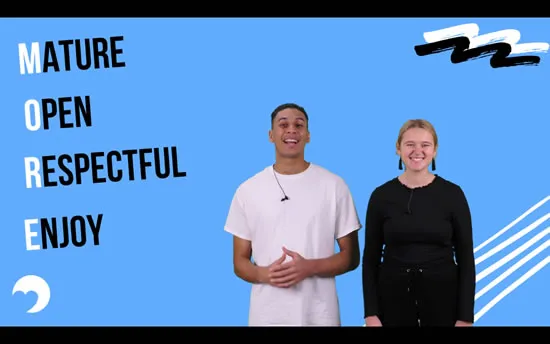
For each year group, the Respected Programme is taught over a 3 lesson series using:
The Films
Fast paced, interactive short films containing all the factual information needed in the lesson
Follow On
Interactive resources that allow students to engage further with key themes raise in the Films
Student help
Students signposted to sources of help and support
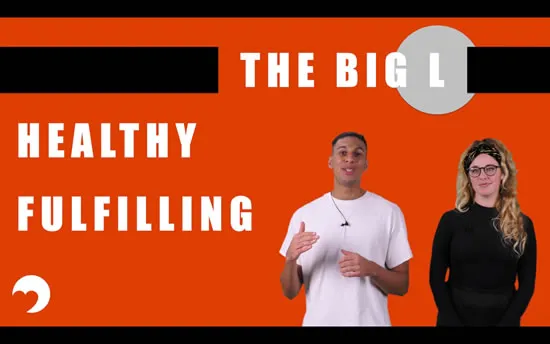
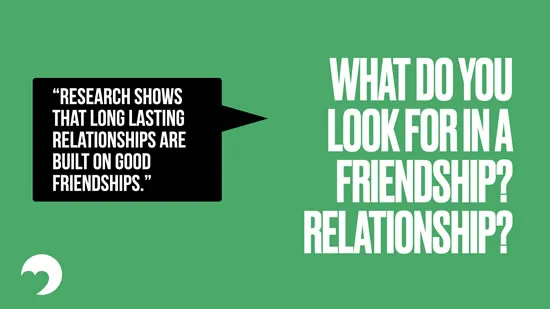
Parents and carers – do you like our programme?
Please help us to allow more young people to access it by requesting it in your local secondary/middle school. You can download and use/adapt our sample letter to schools.
Louise Parkin BM, MRCGP
Louise has worked as a GP in Bristol and Bournemouth for over 20 years, with a particular interest in sexual health. She has been teaching RSE, including the Respected Programme, in schools for 15 years.
She longs to see young people making properly informed and healthy choices in the area of relationships and sex.
Beth Pink BA (Hons), JNC level 4-6 in Youth and Community Work
Beth is a qualified youth worker, having gained her degree in Youth and Community Work in 2014. She is a longstanding member of the Respected team and heads up our Educator Team as well as helping to develop the programme.
Beth has also worked as a carer for looked after children and has a particular passion for supporting disadvantaged young people overcome the challenges they face.
Sam Parkin BA (Hons) University of Cambridge, PGCE
Sam is a qualified secondary school teacher with experience of teaching both PSHE and RSE. He also has many years of experience of teaching the Respected Programme in local schools.
He seeks to instil the confidence and wisdom required to navigate the complexities of growing up in today’s every-changing world.
Ella Jenkinson BA (Hons) University of Cambridge
Ella has a degree in English and Education from the University of Cambridge and wrote her dissertation on body image. Ella has taught the Respected Programme in local schools and also worked as a tutor in schools.
She is currently working for a charity mentoring young people who are not currently in education or employment. She loves to see young people realising their full potential in life.
Hannah Keal MA Social Justice and Education, University College London BSc (Hons) University of Warwick, PGCE
Hannah has 19 years’ experience teaching in a variety of secondary schools, including two SEND schools. Hannah is dedicated to ensuring the Respected programme is accessible and engaging for all young people.
She has a passion for creating resources that are visually attractive and entirely inclusive.
Why do we talk about grooming and sexting in Yr 7?
We understand that parents and carers may have many concerns about their children learning about sexting and grooming in Year 7. However, we feel that there are good reasons to introduce this topic in an age appropriate way at this stage:
Evidence shows that online grooming crimes are on the increase
According to the NSPCC, online grooming crimes recorded by the police have increased by 89% in the last 6 years[1]. 81% took place against girls. Snapchat was the commonest social media platform in which the offences took place. A recent National Crime Agency assessment of serious organised crime estimates that there are between 550,000-850,000 people in the UK who pose varying forms of sexual risk to children, including online[2].
Any child who uses the internet is potentially at risk, and we know that 99% of children are active online[3] and that 60% of 8-11 year olds and 89% of 12-15 year olds have a social media profile[4].
There is a strong link between grooming and sexting
Offenders tend to target children through well established ‘grooming pathways’ such as contacting them on social media and gaming sites and pressurising them to send self generated explicit images[1]. They then use this material to exploit the child in some way, including sexually or financially. More than 3/4 of this ‘self-generated’ material features 11-13 year old children[5].
What next?
Whilst we know that any child using the internet may be at risk of grooming and coercion to send explicit images of themselves, there are a wide variety of other reasons that children may choose to send images.
The most common reason is that it is seen as a normal part of their relationship with their boyfriend/girlfriend. Another common reason cited by young people is ‘I thought I looked good’ [5]
Whilst sexting in this way is relatively rare at age 11-12, figures show that it increases rapidly between the ages of 14 and 15, [5] so we feel it is important to talk to children about this before they are engaged in it and in the context of what makes a healthy relationship.
Respected’s response
The Respected Year 7 lessons (called ‘Think Again’) use the ‘3T’s’ of good decision making to look at the issues of sexting and grooming:
Think: stop and think: why? (is this person contacting me/asking for this?) what else? (what else is going on here? Is everything all that it seems?) what next? (what might be the consequences?)
Talk: to a trusted adult
Tools: online support and advice on what to do and how to stay safe
We believe that children who are able to forge good friendships and resist peer pressure are less likely to be vulnerable to both internet predators and pressure from friends or boyfriends/girlfriends, so our programme tackles the subjects of sexting and grooming only after exploring the nature of healthy friendships and how to stand up to peer pressure.
We do not use shock tactics or aim to scare, but explain things in a way that is easy to understand and equip them with the tools that they need to keep themselves safe. We always encourage them to talk these issues through with a trusted adult, such as a parent/carer.
How can I talk to my child about...?
We would strongly encourage parents and carers to initiate conversations with their child; not only about internet safety but specifically about grooming and the exchange of explicit images/videos. Knowing that they are going to have a Respected lesson on the subject may be an appropriate opportunity to do this.
We realise that this will not be easy, but the NSPCC website has some great tips to help with:
How to talk to your child about sexting:
www.nspcc.org.uk/keeping-children-safe/online-safety/sexting-sending-nudes
How to talk to your child about online safety:
www.nspcc.org.uk/keeping-children-safe/online-safety/talking-child-online-safety
How to tackle difficult conversations:
www.nspcc.org.uk/keeping-children-safe/support-for-parents/talking-about-difficult-topics
If you are worried or have concerns about your child in this area, you can call the NSPCC helpline on 0800 800 5000 or email help@nspcc.org.uk
References
1https://www.nspcc.org.uk/about-us/news-opinion/2024/online-grooming-crimes-increase/
2 National Crime Agency. National Strategic Assessment of Serious and Organised Crime 2021 – www.nationalcrimeagency.gov.uk/who-we-are/publications/533-national-strategic-assessment-of-serious-and-organised-crime-2021/file
3 Ofcom. Children and Parents: media use and attitudes report 2022 – Download Report
4www.statista.com/statistics/272509/children-active-on-social-media-in-the-uk-by-age
5 Katz A, El Asam A. Look At Me: Teens, sexting and risks. Internet Matters 2019 – www.internetmatters.org/about-us/sexting-report-look-at-me
Why do we talk about Pornography in Yr 8?
We understand that parents and carers may have many concerns about their children ‘learning about’ internet pornography in Year 8. However, we feel that there are good reasons to introduce this topic in an age appropriate way at this stage:
Evidence shows that over half of young people this age have seen pornography on the internet
Recent research consistently shows that the majority of young people will have viewed internet pornography by the age of 13, with some viewing it as early as age 7[1,2].
Many parents and carers may understandably feel that ‘this is not my child!’, but, as parents, our perceptions of what our children are viewing do not always match the reality. A recent survey showed that whilst 75% of parents felt their child would not have seen pornography online, of those children, over half had, in fact, seen it[1]. Girls are just as likely to have viewed it as boys[2].
Internet pornography is very different to pornography in the past
The type of online pornography that is freely available to children and young people today is unrecognisable from the adult content portrayed in ‘top shelf’ magazines and videos 20 years ago. It often shows aggressive, violent, degrading (especially to women) or dangerous acts, can involve animals, incestuous relationships and minors.
How have they seen it?
This often happens unintentionally, perhaps through adverts and pop-ups while on gaming or film/sport streaming sites or through Google searches, unwittingly using search terms without understanding the full meaning of these words.
It may also be through the receipt of links to videos on pornographic sites from friends or by being shown videos on a friend’s phone or by older year groups, particularly when they start at secondary school.
The age of first exposure to pornography seems to correlate with the age of a young person first owning a smartphone[2]. Year 8 is also the minimum age at which young people can legally have social media accounts such as Instagram, Snapchat and TikTok, all of which are common platforms for accessing pornography.
What next?
A recent report from the BBFC found that young people who stumbled across online pornography at a young age (11-13 years), then started to actively seek it out, often to educate themselves about sex[1,3].
Not only can this then develop into a habit that is difficult to stop, but can also lead to completely unrealistic and sometimes harmful expectations about sex and relationships.
Respected’s response
We therefore feel that it is very important to teach young people at this stage to recognise and understand what pornography is and to equip them with the tools to respond in an appropriate way which keeps them safe and healthy.
Children of this age (and younger) have reported feeling ‘grossed out’ and ‘confused’ by viewing online pornography, or that they find it ‘funny’.
Think/Turn/Talk
So, in the Year 8 lesson (called ‘Fake News’) the Respected programme defines clearly what internet pornography is and explains that it does not show what a normal healthy sexual relationship looks like and is not the place to go to learn about sex. It does not show any pornographic images. It explains that watching pornography can become a habit that is difficult to stop so strongly encourages turning it off and talking to a parent/carer or trusted adult about it, also signposting to the Childline website and helpline for further advice and support.
This is a relatively short part of the Year 8 programme overall and the subject of internet pornography and its impact on relationships and self esteem is addressed in much more detail in Year 11, at which stage we know that the vast majority will have seen internet pornography.
How can I talk to my child about internet pornography?
We would strongly encourage parents and carers to initiate conversations with their child about internet pornography. Knowing that they are going to have a Respected lesson on the subject may be an appropriate opportunity to do this. We realise that this will not be easy, but the NSPCC website has some great tips to help with:
Tackling difficult conversations generally with your child:
www.nspcc.org.uk/keeping-children-safe/online-safety/talking-child-online-safety
www.nspcc.org.uk/keeping-children-safe/support-for-parents/talking-about-difficult-topics
Talking to your child specifically about online pornography:
www.nspcc.org.uk/keeping-children-safe/online-safety/inappropriate-explicit-content/online-porn
Go to section on ‘How to protect your child from online porn’ and then click on ‘Talk with your child’.
If you are worried or have concerns about your child in this area, you can call the NSPCC helpline on 0800 800 5000 or email help@nspcc.org.uk
References
1 British Board of Film Classification. Young People, Pornography and Age-verification; 2020 January 2020 View Report
2 Children’s Commissioner. A lot of it is actually abuse: Young people and pornography; 2023 www.childrenscommissioner.gov.uk/resource/a-lot-of-it-is-actually-just-abuse-young-people-and-pornography
3 Parker I. Young people, Sex and Relationships: The New Norms. Inst Public Policy Res. Published online 2014 www.ippr.org/publications/young-people-sex-and-relationships-the-new-norms
4 Horvath M, Alys L, Massey K, Pina A, Scally M, Adler J. Basically… porn is everywhere: a rapid evidence assessment on the effects that access and exposure to pornography has on children and young people; 2013 https://assets.childrenscommissioner.gov.uk/wpuploads/2017/07/Basically_porn_is_everywhere.pdf
